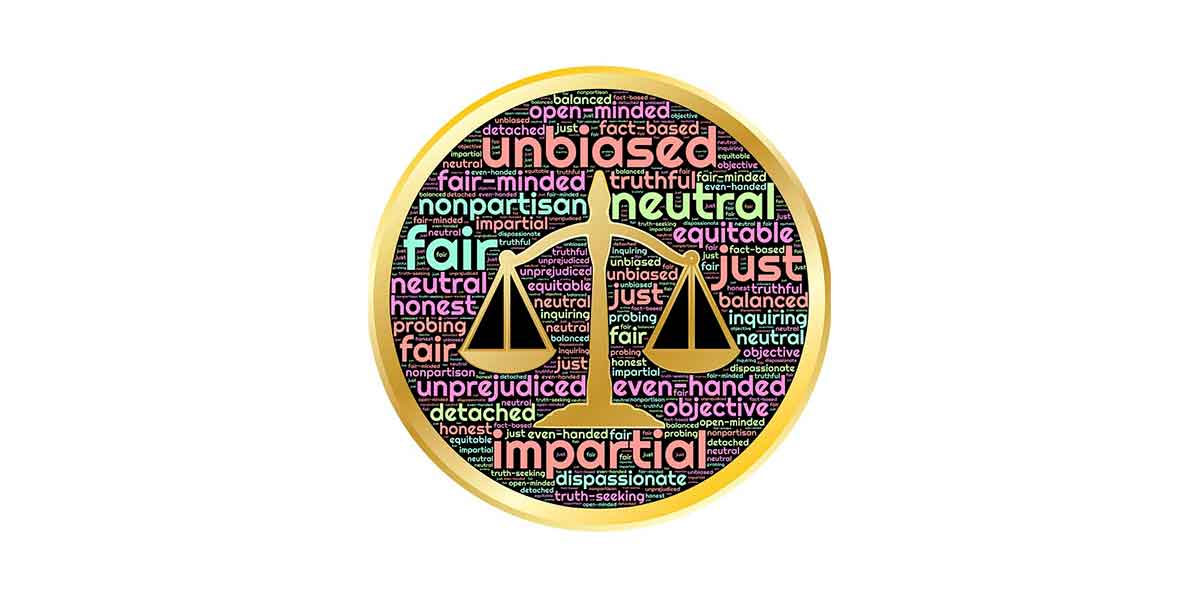When people hear the term Estate Planning, they often envision affluent families with grand estates and generational wealth. This misconception has deterred many from engaging in the process, thereby exposing themselves and their loved ones to potential risks. Estate Planning is a crucial aspect of financial management that prepares individuals for both present and future needs. While it certainly affects the wealthy, it is equally important for those with modest means. It serves as a strategic tool to help individuals achieve their personal goals and desires.
Dispelling Common Misconceptions
It’s essential to correct the widespread belief that Estate Planning is reserved for the rich. Many assume that if their estate isn’t substantial, they don’t need to plan. In reality, regardless of the size of one’s estate, planning is vital. Estate planning can be straightforward and uncomplicated if approached correctly. It enables individuals to manage their finances and assets, make desired decisions, and determine the distribution of their assets posthumously. The unpredictability of life alone justifies the need for Estate Planning. Even those without family or significant possessions should consider it, as it provides clarity and peace of mind.
Universal Importance of Estate Planning
Estate Planning protects one’s children, spouse, and other family members from legal disputes, excessive taxes, potential asset loss, and court delays. Income levels or tax brackets do not determine the necessity of Estate Planning. After an unexpected death, managing bills and living expenses can become challenging for the family. Estate Planning can prevent financial hardship. It also helps avoid the often costly probate process, sparing families from making tough decisions. Additionally, it offers benefits during one’s lifetime, such as eligibility for healthcare services like Medicare. In the event of an accident, having an attorney and healthcare directives can simplify matters. Even without substantial wealth, an estate plan allows individuals to support charitable causes.
Estate Planning for Young Adults
Young adults, often preoccupied with paying off student loans or seeking better job opportunities, may overlook Estate Planning. However, given life’s unpredictability, having a plan in place is crucial. Estate Planning empowers individuals to manage their financial and healthcare decisions, such as bill payments and loan settlements, especially in the event of an accident or illness. Proper documentation ensures that medical preferences, like life support conditions, are respected, sparing families from difficult decisions. It also allows individuals to designate asset beneficiaries, potentially saving their parents from the probate process.
Even if one believes they have little to distribute, they should decide where their assets go. Family disputes over property can be distressing. Therefore, it’s essential to designate beneficiaries and assign financial accounts. For young adults, Estate Planning doesn’t have to be costly; a few key documents and proper guidance can save time and money.
Key Considerations in Estate Planning
Several factors should be considered during Estate Planning. A Will or trust, often associated with the wealthy, is essential for everyone. Even those without significant assets should have a Will, as it is a fundamental component of an estate plan, ensuring property distribution according to one’s wishes.
Additionally, appointing an agent or attorney to make decisions when one is incapacitated is crucial. Without this, decisions may fall to the court, potentially against one’s wishes. Maintaining a primary and contingent beneficiary ensures that assets are passed to the intended recipients. A letter of intent can also specify how assets should be distributed. For those with children, designating a guardian is vital to ensure their care, as the court will otherwise decide their living arrangements.
Anyone with assets should consider Estate Planning. Without it, too much is left to chance. Protecting one’s family should be a priority, regardless of wealth.




